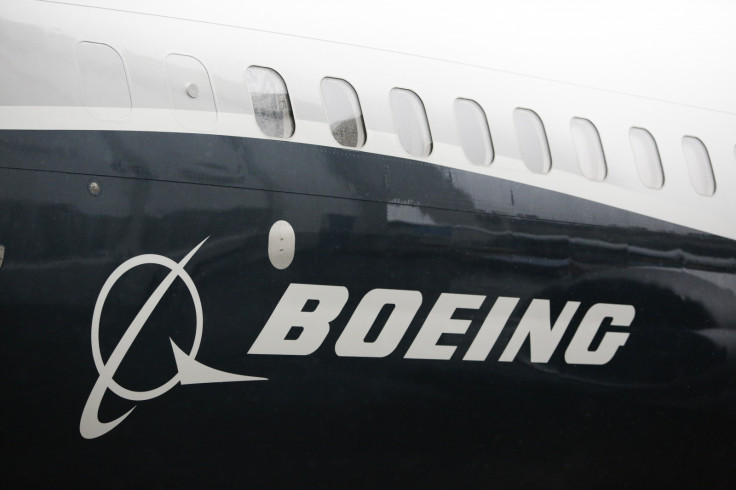Woman sues Boeing for $276M over Ethiopian Airlines crash that killed her husband
A French widow has sued Boeing for her husband's death in the March 10 Ethiopian Airlines crash that killed 157 people on board. The lawsuit seeks $276 million in damages for the crash of the 737 MAX 8 aircraft.
A French widow has sued Boeing for her husband's death in the March 10 Ethiopian Airlines crash that killed 157 people on board. The lawsuit seeks $276 million in damages for the crash of the 737 MAX 8 aircraft.
Frenchwoman Nadege Dubois-Seex lost her husband Jonathan Seex in the accident. Jonathan was a Swedish and Kenyan citizen. He was the CEO of the Tamarind Group of Companies.
Dubois-Seex filed the lawsuit in Chicago, where Boeing is headquartered.
"The life of my husband was taken knowingly, and even willingly," Dubois-Seex said emotionally while talking to media in Paris.
Accusing Boeing of cynicism, she said her husband was the "collateral damage of a system, of a business strategy."
Boeing's failure apparent
The lawsuit accused that Boeing failed to inform pilots properly about the "risks posed by software meant to prevent the 737 MAX from stalling which repeatedly lowered the plane's nose due to a faulty sensor data."
The family's lawyer Nomaan Husain said in a statement that Boeing relied on a single sensor that had been "previously flagged in over 200 incident reports submitted to the FAA."
Husain said evidence points to Boeing having acted recklessly with callous disregard to the safety of its passengers.
Boeing spokesman Peter Pedraza refused to comment on the lawsuit but added the company has been cooperating fully with investigations into the Ethiopian Airlines crash.
After the air crash, all the Boeing 737 MAX planes have been grounded. The air crash in Nairobi came barely five months after a similar crash in Indonesia. In the two incidents, 346 people lost their lives.

Boeing says software update is ready
Meanwhile, Boeing stated that it has completed an update to the MCAS software of the 737 MAX aircraft and soon submit a plan to the FAA for its nod on related pilot training.
It is unsure how soon the 737 MAX aircraft will receive FAA approval to resume service. Safety regulators in other countries have stated that they would independently assess the worthiness of Boeing's fixes before giving their nod to fly 737 MAX aircraft.
Bird strike theory
Meanwhile, some reports suggested that a bird strike could have caused the crash of an Ethiopian Airlines Boeing 737 MAX.
A media report quoted some U.S. aviation officials in this connection and said a bird strike could have "damaged the sensor data fed to the anti-stall system in the Ethiopian crash."
However, Ethiopian Airlines ruled out that possibility. It said the preliminary report on the crash showed "no such evidence of any foreign object damage including bird strike" to the sensor.
This article originally appeared in IBTimes US.
This article is copyrighted by International Business Times, the business news leader





















